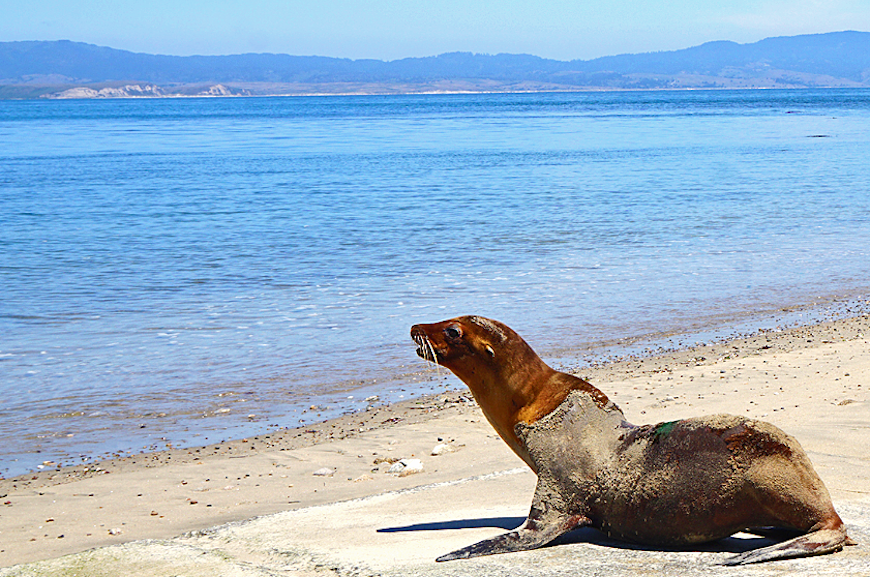A Firsthand Account
BY ELIZABETH TOUMA, A MEMBER OF WIRED’S BOARD OF DIRECTORS
A Personal Comment
(Archived story. Original version is here.)
I am an employee and volunteer withô The Marine Mammal Centerô in Sausalito, California. As the marine mammal hospital with the worldãs largest number of patients, the Center advances global ocean conservation through marine mammal rescue and rehabilitation, scientific research and education.
The One Health concept ã that the health of animals, humans and the environment are interconnected ã was dramatically demonstrated to me this past fall. At that time, the Center admitted the greatest number ofô sea lions with leptospirosisô in its 44-year history. Leptospirosis is a life-threatening, zoonotic disease caused by theô Leptospiraô bacteria. It infects a wide spectrum of life forms, including rodents, cats, dogs, sea lions ã and humans.ô
Urbanization and climate change, particularlyô flooding and heavy rainfall, have enabled leptospirosis to spread rapidly across the globe. Also, inadequate sewage, poor sanitation and water contamination create ideal breeding ground for the disease. Theô Centers for Disease Control and Preventionô estimates the worldwide incidence of leptospirosis in humans to be greater than one million cases.ô
The Marine Mammal Center treated more than 220 infected sea lions by administering antibiotics, fluids and other supportive care. Unfortunately, even with treatment, roughly two-thirds of the animals with acute leptospirosis do not survive. We are thankful that during the most recent outbreak a significantly higher percentage of the Centerãs sea lions were rehabilitated and returned to the ocean thanks to enhanced treatment protocols implemented by the veterinary staff.
All volunteers and staff practice special procedures to ensure that leptospirosis does not cross barriers from animal to human. Precautions include wearing protective clothing and avoiding contact with contaminated urine, water or soil.
In humans,ô leptospirosisô can lead to liver and kidney damage, meningitis, and even death. Many symptoms of the illness can be mistaken for other diseases. In addition, some infected persons may have no symptoms at all, and thus may unknowingly spread the bacteria to others. (See WiRED Internationalãsô Leptospirosis Moduleô for more information.)
The health of animals provides insights into human and ocean health, while at the same time, the health of our environment tells us what we might expect for the health of humans and animals. Recognizing the effectiveness of the One Health model, WiRED actively promotes the well-being and health of our environment and encourages stewardship for all forms of life. None of us can be healthy unless humans and animals and the environment become healthy together.ô
Elizabeth (Bess) Touma, M.S., is a non-profit management professional with experience in higher education, performing arts, social services and international humanitarian organizations. She has volunteered for WiRED International for nearly 20 years and now is a member of WiREDãs Board of Directors.


